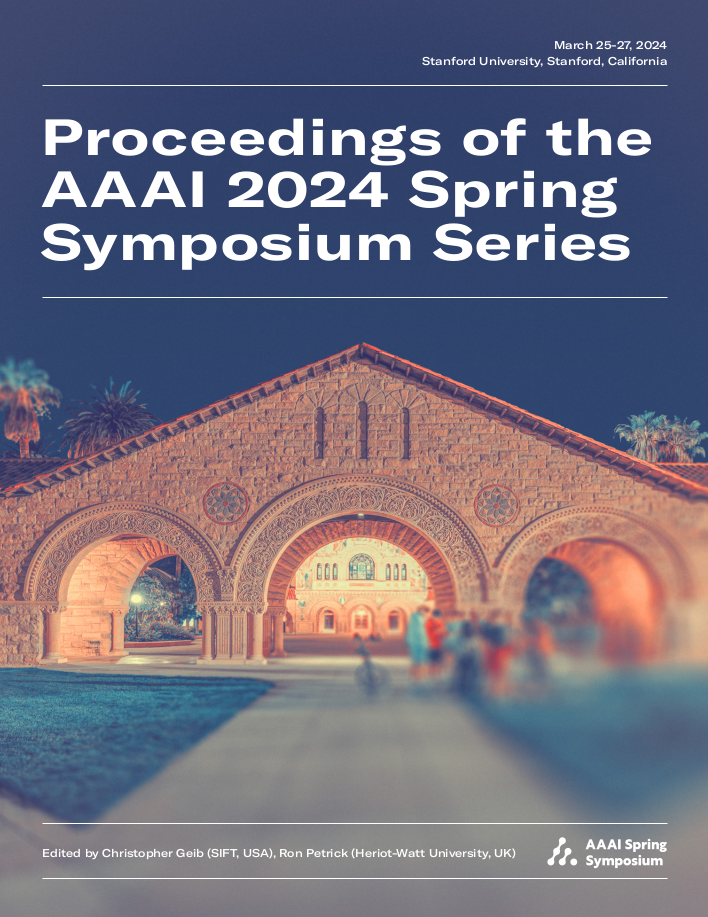Adaptive Federated Learning for Automatic Modulation Classification Under Class and Noise Imbalance
DOI:
https://doi.org/10.1609/aaaiss.v3i1.31223Keywords:
Federated Learning, Modulation Classification, Spectrum SensingAbstract
The ability to rapidly understand and label the radio spectrum in an autonomous way is key for monitoring spectrum interference, spectrum utilization efficiency, protecting passive users, monitoring and enforcing compliance with regulations, detecting faulty radios, dynamic spectrum access, opportunistic mesh networking, and numerous NextG regulatory and defense applications. We consider the problem of automatic modulation classification (AMC) by a distributed network of wireless sensors that monitor the spectrum for signal transmissions of interest over a large deployment area. Each sensor receives signals under a specific channel condition depending on its location and trains an individual model of a deep neural network (DNN) accordingly to classify signals. To improve modulation classification accuracy, we consider federated learning (FL) where each individual sensor shares its trained model with a centralized controller, which, after aggregation, initializes its model for the next round of training. Without exchanging any spectrum data (such as in cooperative spectrum sensing), this process is repeated over time. A common DNN is built across the net- work while preserving the privacy associated with signals collected at different locations. Given their distributed nature, the statistics of the data across these sensors are likely to differ significantly. We propose the use of adaptive federated learning for AMC. Specifically, we use FEDADAM -an algorithm using Adam for server optimization – and ex- amine how it compares to the FEDAVG algorithm -one of the standard FL algorithms, which averages client parameters after some local iterations, in particular in challenging scenarios that include class imbalance and/or noise-level imbalance across the network. Our extensive numerical studies over 11 standard modulation classes corroborate the merit of adaptive FL, outperforming its standard alternatives in various challenging cases and for various network sizes.Downloads
Published
2024-05-20
Issue
Section
Federated Learning on the Edge

